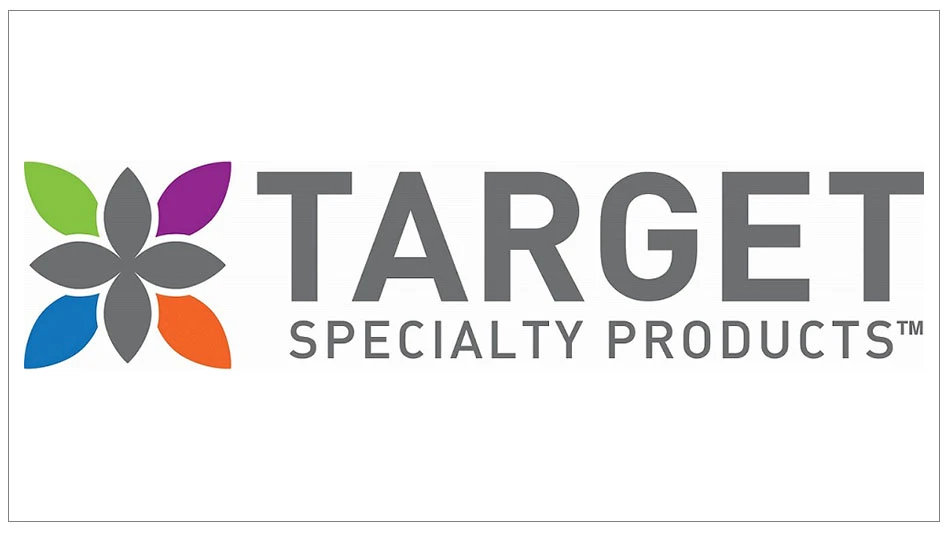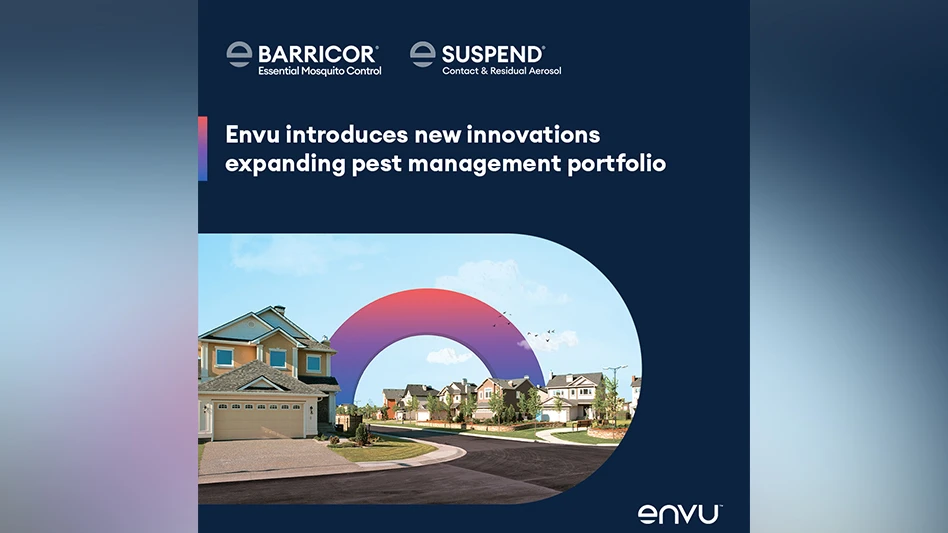 The great thing about retirement is that you can look back on the decades you spent building your business and identify exactly which mistakes you made. The bad thing about retirement is that you can look back on the decades you spent building your business and identify exactly which mistakes you made.
The great thing about retirement is that you can look back on the decades you spent building your business and identify exactly which mistakes you made. The bad thing about retirement is that you can look back on the decades you spent building your business and identify exactly which mistakes you made.
It’s a double-edged sword.
Don’t get me wrong — The Bug Master, Austin, Texas, has in its 31 years been a meaningful competitor in our market, and we’re very proud to be one of PCT’s Top 100. Our reputation is particularly strong in the commercial markets here. But without the miscues and loss of focus, we could have built a stronger company.
What stands out as the single most important lesson of my career is this: you will never amount to more than your vision. You, as a business owner, need to sit down and envision what kind of company you want to operate, and clearly define what you need to do to get there. Once you have that defined business objective and know what you need to accomplish on a day-to-day basis, stay focused and avoid pitfalls that stray you from your objective.
If you don’t have a clear objective and a plan for achieving it, then you’re far more likely to get distracted with projects and endeavors that do not align with your objectives. You want to build a stronger core. Consistency is key — any time you waver from your vision, every time you lose focus, you slow progress. What follows are some examples of how I allowed this type of inconsistency to impede the growth of my core business.
Be wary of losing focus. Back in the ’90s, when pest management companies started selling services to restaurants for their grease trap issues, I went all-in. There was money to be made in wastewater treatment, and I was determined to get my share. I did. We made money. But in the process, I missed out on opportunities to grow my core business. I lost focus, chased an opportunity and discovered (in hindsight) that the cost of doing so outweighed the profits gained.
Growing pains. Over the years, I’ve acquired a number of other companies. Those acquisitions helped us grow as a regional player. However, not all of the acquisitions fit well with my core business. For example, in 2000, I signed a 10-year franchise agreement for an operation in Mexico. We did grow it to become one of Mexico’s major pest management companies (ultimately, it became independently operated and we recently sold to Rentokil), but this business was never one that I could integrate into my core business. Instead of a larger and stronger business, I ended up with two businesses.
Overconfidence. Around the turn of the millennium, I became engrossed in the possibility of developing our own software. Everyone was getting excited about hand-held technology, but the equipment was cumbersome and required a lot of data transfer. How cool would it be to build software that would enable our technicians to send records over their cell phones?
Long story short, I underestimated the financial commitment necessary to complete this effort. So while we did achieve the desired functionality, we never had an application stable enough to operate a business. We disrupted our firm, I lost a substantial amount I had invested, and once again, we slowed our progress.
My message is not that you should forego every opportunity that comes your way. Rather, I am recommending that you carefully weigh each opportunity against its potential opportunity cost to your core business. If you have the financial and human resources to support a new venture, and you truly believe in its potential for success — go for it. But if going for it means overextending your budget and your people, or it if means compromising the momentum of your existing business, then think hard before you take the plunge. Sound judgment and unshakable focus are vital to building the best business you can build.
As told to PCT contributing writer Donna DeFranco.
WANT MORE?
Enter your email to receive our newsletters.

Explore the December 2012 Issue
Check out more from this issue and find your next story to read.
Latest from Pest Control Technology
- How to Get Rid of Odorous House Ants
- Massey Services Promotes Herndon to Director of Sales for Multi-Family Division
- NPMA Announces First Recipients of NPMA PRO Certified Credential
- Pestmaster of the Hudson Valley Acquires Catskill Animal Damage Control
- Photo Slideshow: Ant Identification Tips
- Video: Top 10 PCT Photo Contest Finalists
- UF/IFAS Study Reveals Boats as Perfect Vessels for Global Termite Spread
- Pest Control Consultants (Iowa) Earns Pinnacle Performance Award








